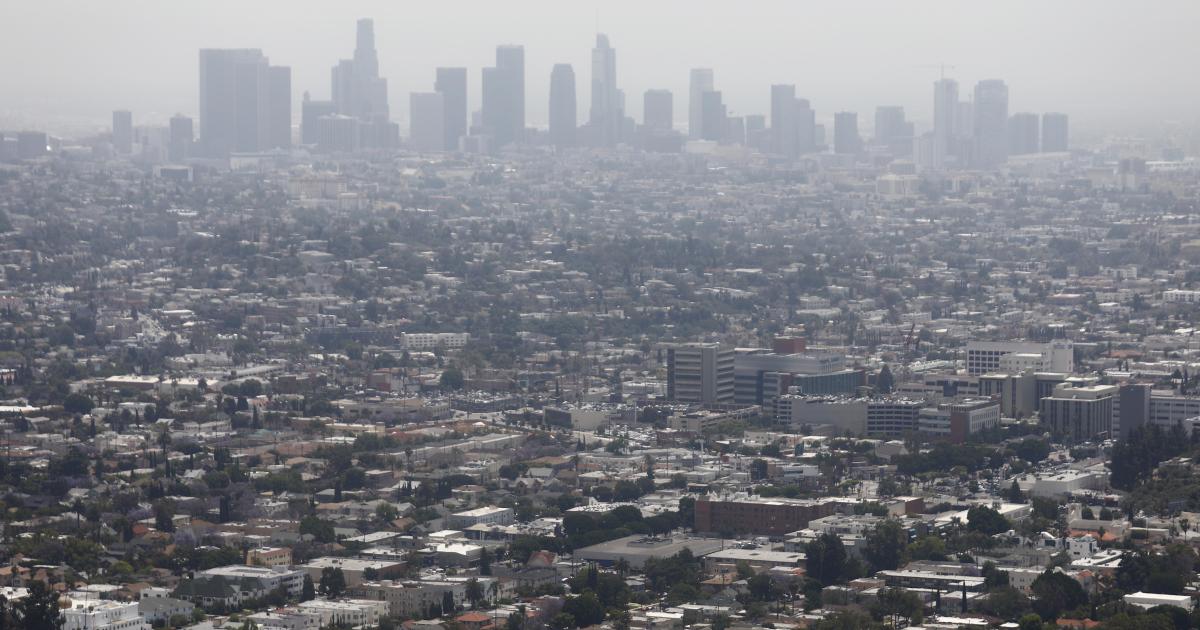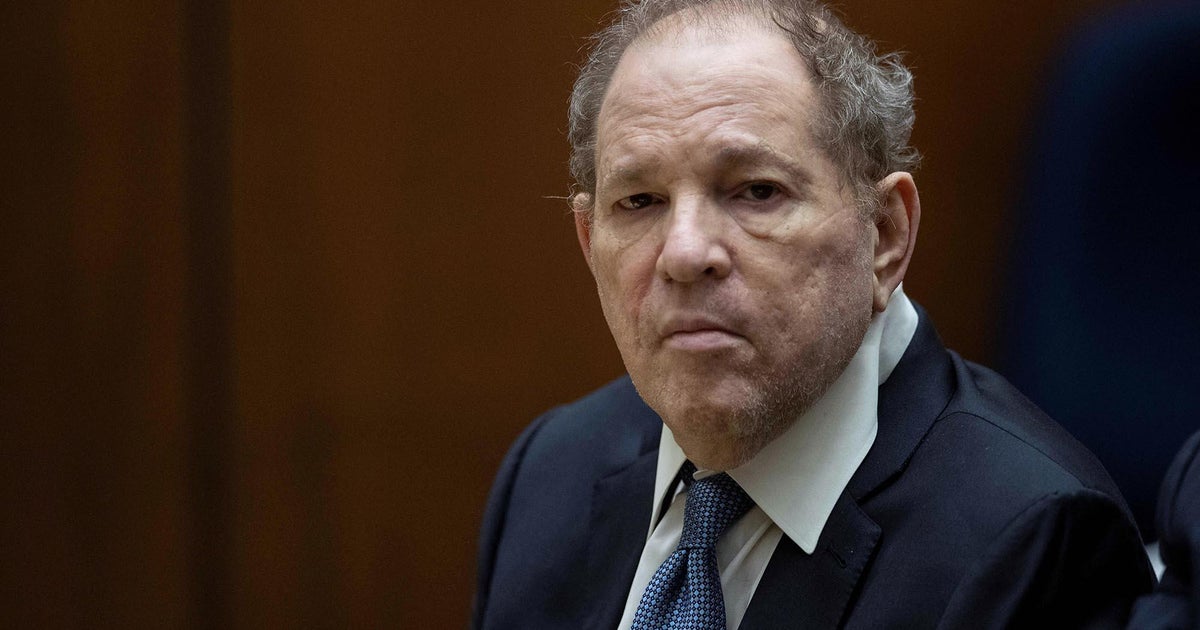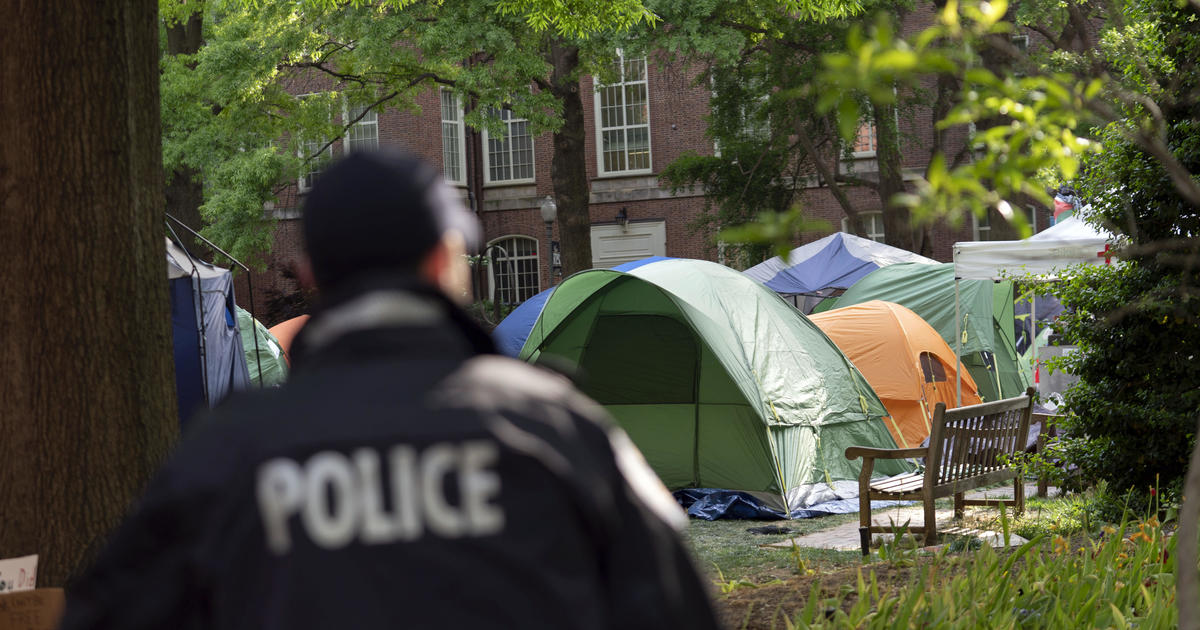New York City air becomes some of the worst in the world as Canada wildfire smoke blows in
Smoke from the wildfires raging across Canada has created a thick haze across New York City's iconic skyline, nearly fading out the Statue of Liberty and high-rises. The quality of air has become so bad in the past few days that now, the city has some of the worst air pollution in the world.
Early Wednesday morning, New York City was second only to Delhi, India for the worst air quality and pollution out of 100 tracked countries, according to Swiss air quality technology company IQAir. According to the company, the city currently has an Air Quality Index of 160, categorized as an "unhealthy" amount, meaning that some people may experience health effects. That ranking was soon bumped down to third after Detroit's AQI hit 162.
Particulate matter in New York's air was measured at 14.5 times the World Health Organization's annual air quality guideline value, IQAir said, but it's expected that it will improve to at least "moderate" through the weekend.
This is a stark difference from the typical air in New York City, which IQAir says has had an AQI of less than 50, classified as "good," in recent years.
Although it had not yet been formally listed on the IQAir world's-worst air quality list for unknown reasons, Washington, D.C., according to the company, has an AQI of 180 – 22.3 times the WHO's recommendation – which would place it just behind Delhi. According to the government-run website AirNow, the air quality in the nation's capital is even higher, with an AQI of 194.
Having this poor of air can be "hazardous to anyone," the National Weather Service has warned. Essentially all of New York State has been placed under health advisories.
"Air quality has plummeted across much of the northeast as smoke from wildfires in Canada moves south," the agency said. "...Before spending time outdoors, check the air quality forecast. Make sure you aren't doing yourself more harm than good."
Being exposed to pollution at the levels currently being experienced can cause headaches, irritated eyes, asthma attacks, difficulty breathing and more, particularly for the elderly, children and those who are immunocompromised.
And it could last for a while, Weather Channel meteorologist Stephanie Abrams said on CBS Mornings on Wednesday.
"There are fires burning all across Canada with over 9.3 million acres charred," Abrams said. "...From the Midwest to the Northeast and even into the South, there's going to be thick smoke pollution at least through Saturday, especially in the Northeast."
The situation stems from the dozens of wildfires that continue to burn across eastern Canada. On Monday, the nation's government said that June has the "potential for continued higher-than-normal fire activity" throughout most of its land because of drought and warm temperatures.
"For June, warm and dry conditions will increase wildfire risk in most of Canada from British Columbia and Yukon eastward into western Quebec and the Atlantic region," the government said. "During July, wildfire potential is expected to expand into Yukon, although the eastern edge will recede from western Quebec into central Ontario."
Steven Guilbeault, the minister of environment and climate change, said it's "one of the worst wildfire seasons on record."
"The threat of increased fires due to climate change is one of the many reasons our government is developing a robust National Adaptation Strategy with all levels of government and Indigenous groups, so we can be sure our communities are well prepared for the impacts of climate change."




